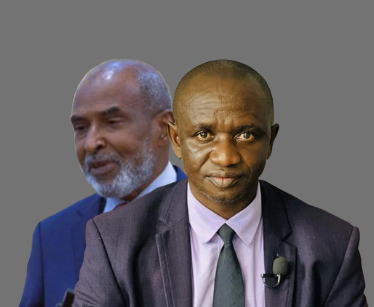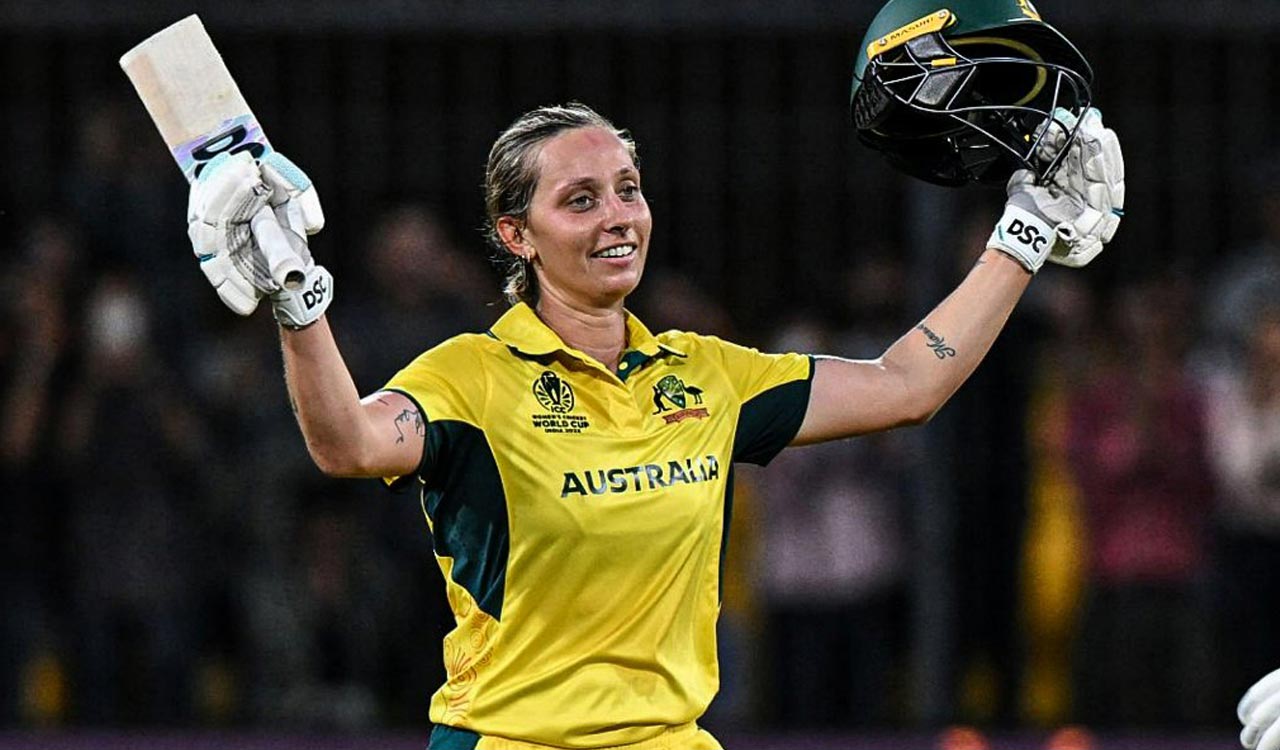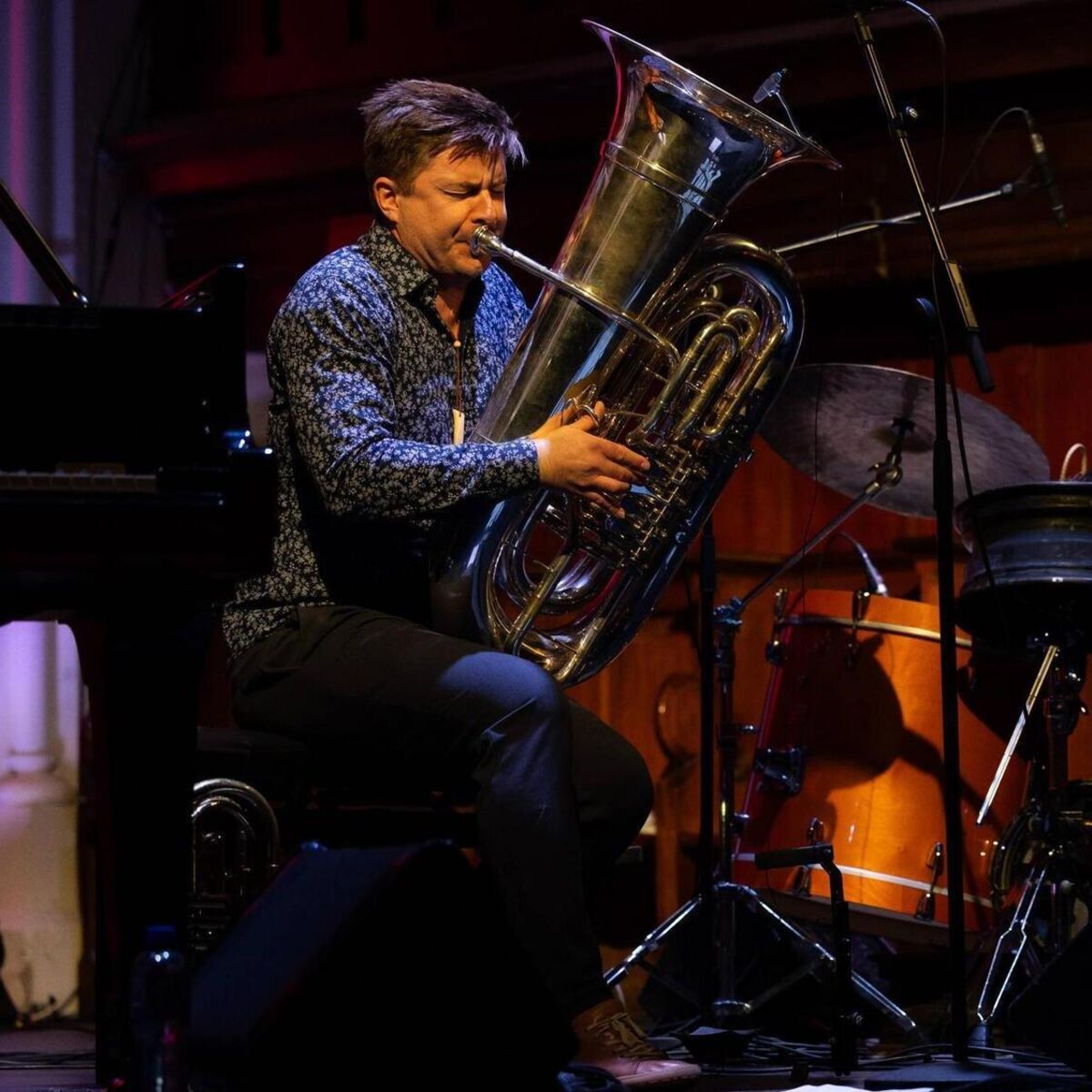Copyright standard

Members of the Finance and Public Accounts Committee of National Assembly yesterday confronted officials of the Independent Electoral Commission IEC over their refusal to remit revenues from party registrations, nomination deposits, and voter ID replacements amounting to D8 million into the consolidated revenue fund. The committee is considering the National Audit Office report on the IEC from 2020 to 2023 which highlighted a series of financial irregularities including payment of over D300 million into the private accounts of IEC officials for election expenses in the regions among other things. Responding to these findings before the committee on Tuesday, IEC’s chief electoral officer Sambujang Njie stated that his institution relied on the Elections Act for not sending its internally generated revenues into the consolidated fund. However, the auditors’ position, echoed by FPAC, is that in line with the Public-Finance Act, all revenues received for the purpose or on behalf of the government should be deposited into the consolidated fund. But in response Sambjang Njie argued: “I think we need to review the Public Finance Act and Elections Act because in the conduct of elections the first law we used apart from the constitution is the Elections Act and that is where we rely on for not sending the funds we received to the Central revenue accounts”. But FPAC chairman Alagie S Darboe dismissed Mr Njie’s arguments saying that all public institutions are obliged to follow the provisions of the Public-Finance Act when dealing with financial matters adding that the Elections Act clause the IEC is relying on dealing with its independence, does not apply in this context. “So, if there is a provision in the Elections Act that contravenes the provisions of the Public-Finance Act then that particular law is null and void,” Chairman Darboe argued. Meanwhile another IEC official, former finance director Lamin Cham said he differed with Chairman Darboe’s submission, arguing that the IEC is not subjected to the control or direction of anybody. “Even when we send our annual budget to the president, he does not have powers to amend it. It is only the National Assembly. So these funds in question are used during operations time,” Cham said However, Committee chairman Darboe explained to him that the motive is not about controlling or interference in the operations of the IEC but for transparency and accounting purposes. “The law states that any amount you raised apart from those appropriated by the National Assembly has to be deposited into the consolidated fund. That has nothing to do with, or meant to manage or control the operations of the IEC,” the lawmaker added. Cherno Jallow, the new IEC vice chairman, also made similar arguments insisting that accountability and integrity are key elements but the IEC’s impartiality and independence should not suffer. He argued that there seems to be a conflict between the Elections Act and the Public-Finance Act, stressing that lawmakers must align “these conflicting laws.” Mr Jallow insisted that the IEC did not violate any law, but it instead relied on the Elections Act to not remit its internal revenues to the consolidated fund.. But chairman Darboe maintained his position that the IEC is not exempted from the provisions of the Public Finance Act. “You have to accept that you acted outside the constitution which supersedes the Election Act. You were acting on a law but unfortunately, you were not acting on the constitution and the Public Finance Act,” he said. But again IEC vice chairman Cherno Jallow maintained no law was violated. Ecowas grantFPAC also ordered IEC to provide all documentation on how they spent a D534,000,00- grant from the Ecowas Mission. The election body had explained that this money was put into election matters, such as training of polling staff and provision of Covid-19 materials like facemasks and sanitisers. However the National Audit Office has said the IEC did not provide these expenditure breakdowns at the time of finalising the audit report and therefore the finding remains unresolved. FPAC therefore gave IEC one week to submit all documents and receipts on how these funds were expended.



